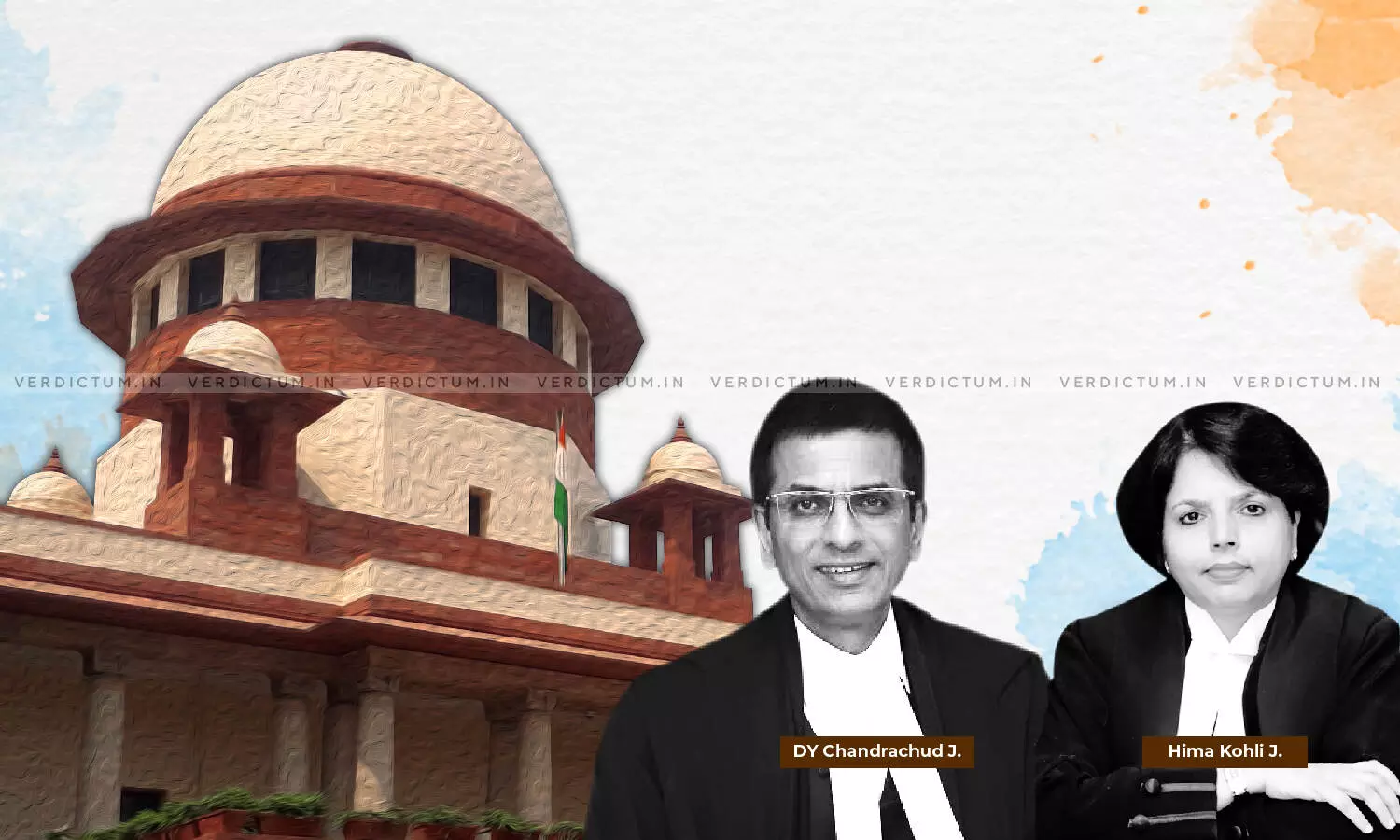
Supreme Court Issues Notice To TN Govt On Plea Against Deputation Of Government Employees For Administration Of Temples
 |
|The Supreme Court has issued notice to the Tamil Nadu Government on a plea alleging deputation of government employees for the administration of temples in Tamil Nadu.
"Issue notice, returnable in six weeks.", the Bench of Justice D.Y. Chandrachud and Justice Hima Kohli ordered.
Senior Advocate C S Vaidyanathan appearing on behalf of the Petitioner-TR Ramesh has stated that a further affidavit would be filed indicating (i) the number of temples in the State of Tamil Nadu where no trustees have been appointed; and (ii) the number of temples in which government officers have been deputed.
The Court has directed the counter affidavit to be filed within a period of three weeks.
Petitioner-TR Ramesh had approached Supreme Court after his plea before Madras High Court was dismissed.
The Madras High Court had noted that "…we do not find action of the respondents in transferring the government servants for the administration of the temple to be illegal."
The petitioner had submitted that as per the provisions of the Tamil Nadu Hindu Religious and Charitable Endowments Act, 1959, the trustees alone are having competence to appoint employees for the administration of the temple.
It was alleged that government servants not possessing the required qualification have been transferred and posted to administer various temples.
He submitted that no power vests with the Commissioner, Hindu Religious and Charitable Endowments Department, to transfer any government employee for the administration of the temple and, that too, for years together.
The petitioner had further submitted that the trustees have not been appointed in around 19000 non-hereditary temples in the State of Tamil Nadu for the last many years. He added that if the trustees have not been appointed/nominated, the appointment of the employees on different posts could not have been made by the Commissioner. He argued that if at all such appointments are made, it should be with persons having requisite qualification.
The Madras High Court had observed that the deputation of government servants was made as the posts of trustees were vacant and the administration of the temples was in chaos.
The Court had observed that the transfer of government servants were made subject to the condition that as and when the vacancies would be filled by the trustees, the transferred government servants would be reverted to their parent departments or the departments concerned would pass appropriate orders for them.
The Court noted that the act of the Commissioner to transfer government employees on deputation to administer the temple is in the larger interest of the temples, as there were no regular appointments, in the absence of trustees.
Cause Title- T.R. Ramesh v. The State of Tamil Nadu & Anr.
Click here to read/download the Order